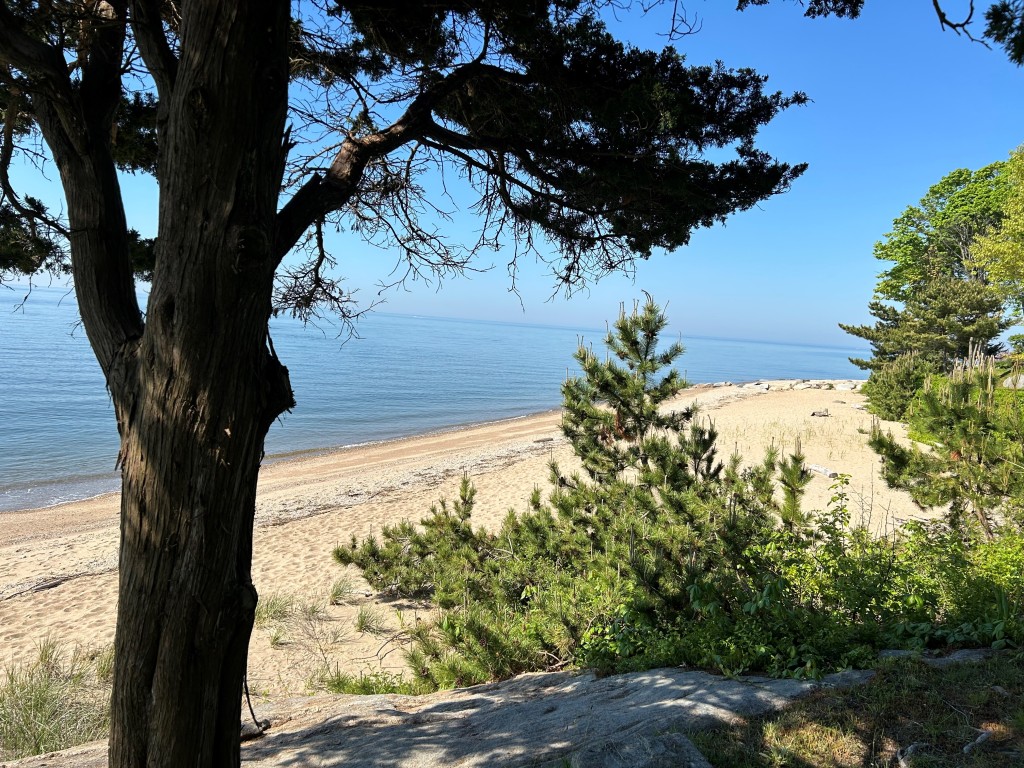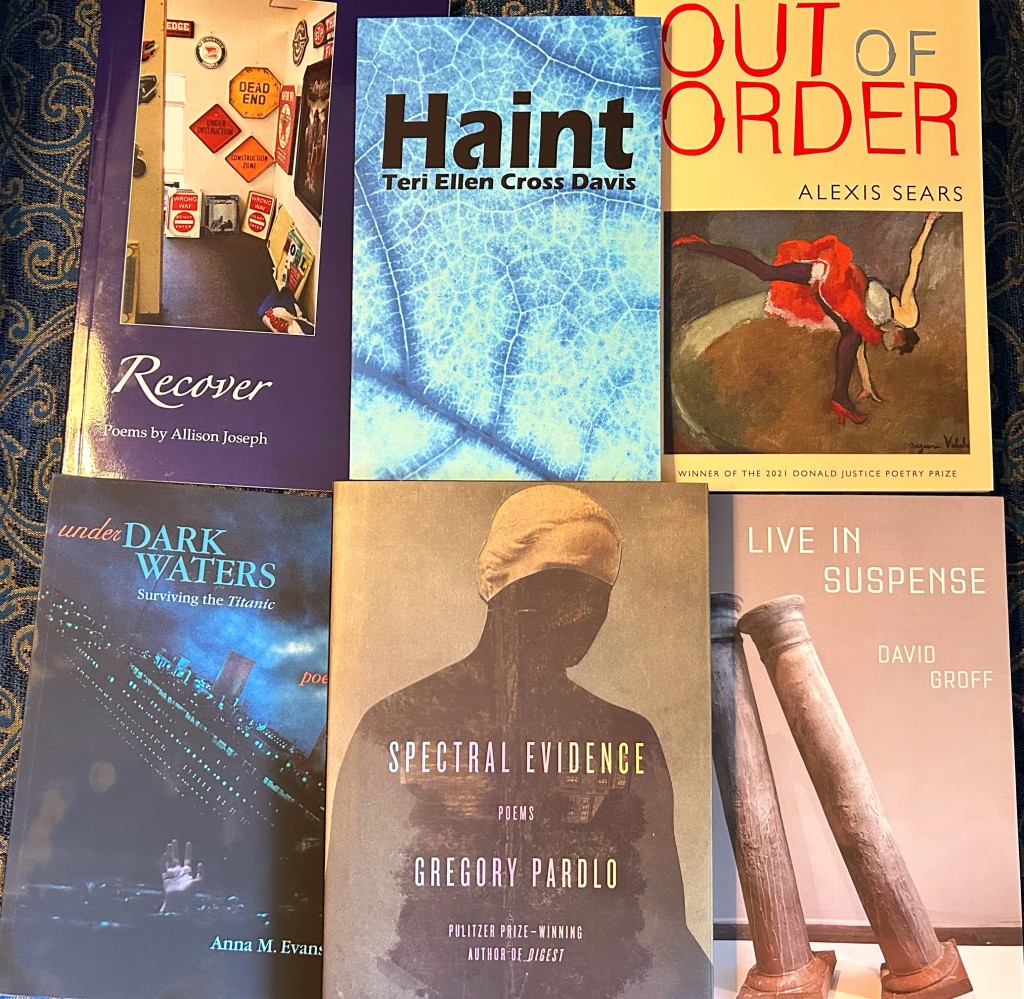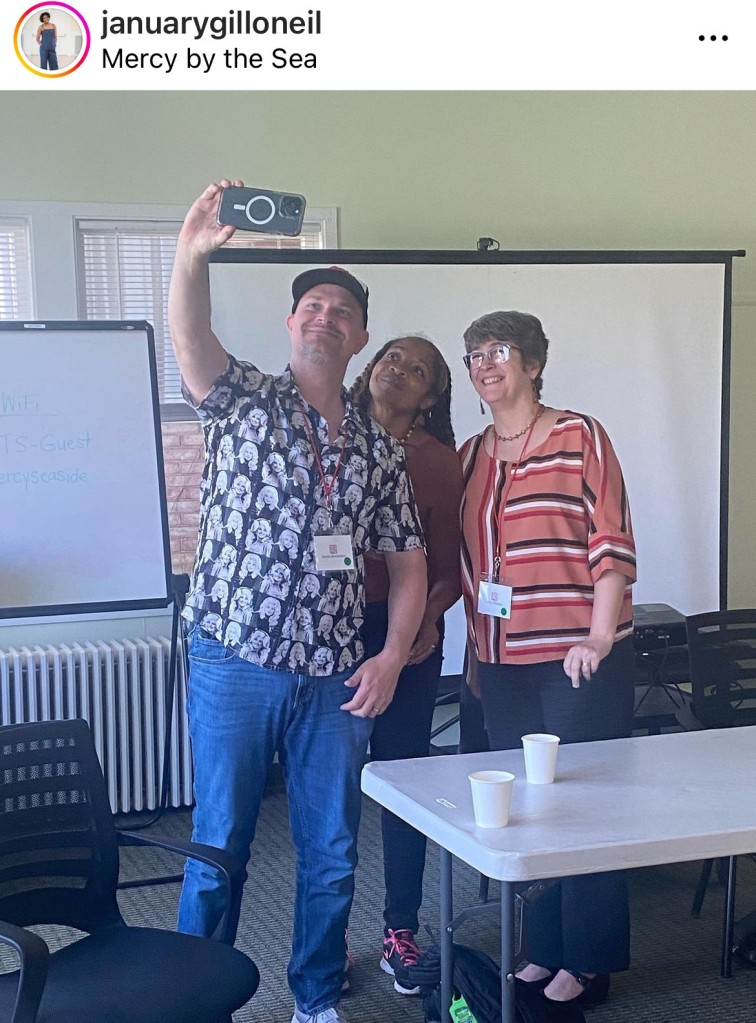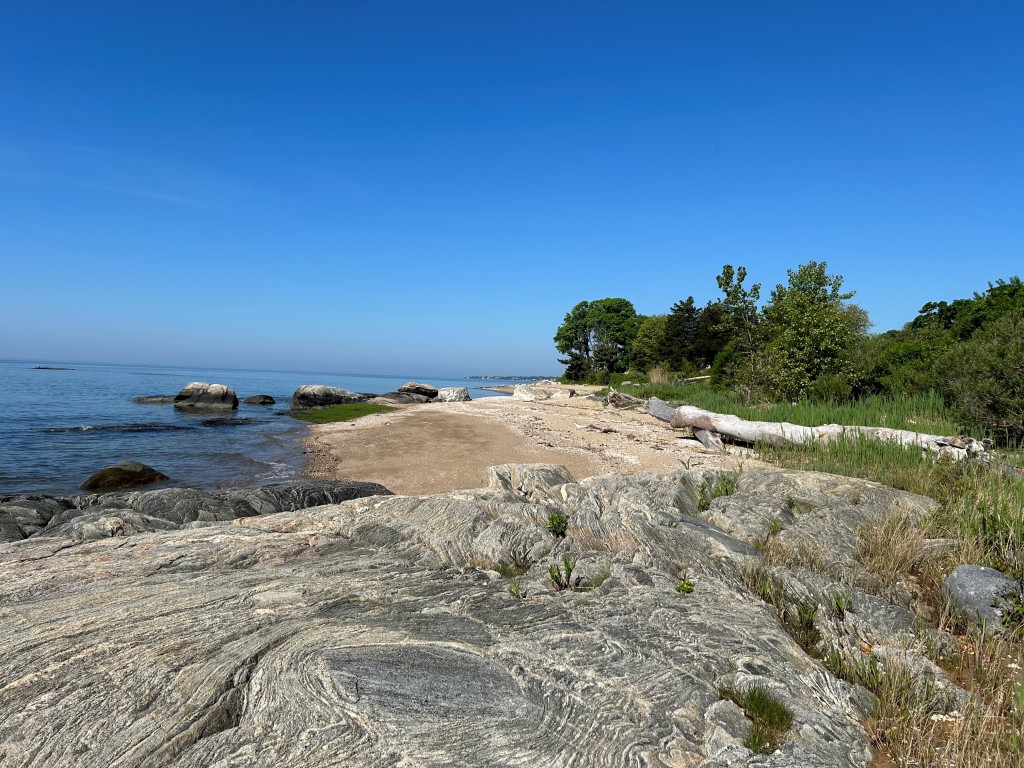Gregory Pardlo, paraphrased, from a staged conversation with Allison Joseph: I know I might sound like a hypocrite, but don’t worry about the prizes; there’s so much compromise and chance in the process. Just keep doing your thing and saying yes to opportunities.
Conferences have a program and an underprogram. Between events I talk to old and new friends about literary scandals, how beautiful their readings were, traveling after losing your partner, how to nurse along an injured knee, the poetry prizes we long to win someday, the journals that charge for submission but publish almost entirely solicited work (see this Google doc created by Lauren Crawford for some that operate in a more aboveboard way–as does Shenandoah). These interstitial conversations are always as important to me as the best panels and readings, and a large part of the privilege of being financially and physically able to attend.
Allison Joseph in the dining hall: in memory of her wonderful husband Jon Tribble, a talented poet and generous editor, she would love to see his poem “Fathers” go viral on Father’s Day. Mark your calendar.
After I asked the organizers in March/ April if they could make room for me on the program, I ended up on two panels: one about literary editing and another, during the last session of the conference, about poetry and film. During the latter I realize that this would be a good course topic, although co-panelist Joshua Mehigan seems the readiest of us to teach it. Check out this amazing 1936 documentary he showed us, Night Mail, which ends with an Auden poem recited over a score by Benjamin Britten. I talked about Merrill’s sequence “The Book of Ephraim” in conversation with the experimental films of Maya Deren and how film allusion can be part of a poem’s worldbuilding (shoulda namechecked Poetry’s Possible Worlds, right?–I forgot). I also read my poem “Art Film,” in which a college sexual assault gets tangled up with those years of watching Kubrick, Cronenberg, and Lynch. You can read it in this issue of Crab Orchard Review (page 186) or in my book Radioland.
During this session, we can hear nuns vacuuming recently vacated rooms. We’re in a religious retreat center that occasionally hosts conferences. My bedroom, number 13, is simple and airy but has a strange vibe; all week, I can’t sleep, convinced it’s haunted, although by daylight this seems ludicrous. I move a small piece of furniture to change the energy; during the middle of the night I stumble over it, tattooing my arm with purple bruises. I get so much out of attending these things, but they’re harder on mind and body than they were fifteen years ago.
Teri Ellen Cross Davis reads a poem that refers to reaching thirty as passing through “a beaded curtain.” I wonder about forty, fifty, sixty. The conference center overlooks, beautifully, the Long Island Sound. Are some birthdays like stepping into saltwater? Tripping over a night table?

I carried a notebook around which is now full of poem ideas. Often they arose during readings, because this company made me feel like a poet again: I’ve been mostly polishing and preparing and researching cover art for Mycocosmic, an underprogram book if there ever was one, but doing precious little writing. One observation scribbled in this notebook: “Some readings floor me in the best way. Others grind me into the carpet.”
Because it’s never all good, right? A couple of participants went on and on during the Q&A after the Gregory Pardlo conversation, trying to get the author to absolve them and say racism is all better now. I know this happens to Black authors often enough, but I hadn’t witnessed it for a long time, and it was a lot more painful than those purple bruises.
Another private jotting:
I have ego enough to be discontent about my invisibility.
A couple of people speak about topics I’ve published on extensively, sometimes prominently, but they cite only men who wrote a long time ago. In the audience, I stay politely silent, although this combination of wounded ego and silence is pretty damn unproductive. Quietly waiting for other people to notice your expertise gets a woman exactly nowhere.
And:
Sometimes I think that we’re like little kids shouting “Look at me!”–just desperate to be the center of attention. Other times I think most of us are, in good faith, trying to weave the one spell that might save us.
But saving the world requires all the spells, a sea and shore of them, some splashy and some subterranean, jostling together.



7 responses to “The conference program and underprogram”
“During the latter I realize that this would be a good course topic, although co-panelist Joshua Mehigan seems the readiest of us to teach it.” By coincidence, I’ve just been mulling over the possibility of adding some material for teachers and students to Moving Poems magazine (where we are also always looking for guest authors and regular contributors, if you have the time/interest).
LikeLiked by 1 person
I suppose a link would help: Moving Poems
LikeLiked by 1 person
You feature a Maya Deren quote! I love it!! I’ll share a link to the site with the panelists so that it’s on everyone’s radar. Austin Allen, the organizer, also said there’s actual video of Edna St. Vincent Millay online somewhere, too, and I need help finding it…
LikeLike
I haven’t seen footage of MIllay, but it has to exist. There’s an hour and a half-long documentary on YouTube that I haven’t watched.
I’m planning a new section at MP with programs of poetry films whose directors have agreed to let anyone screen them anywhere for free. So far we have two such, this one from my collaborator Marie Craven https://www.poetryplusvideo.com/ and this one from me https://www.movingpoems.com/poesia-sin-fronteras-poetry-without-borders/
LikeLiked by 1 person
[…] Lesley Wheeler, The conference program and underprogram […]
LikeLike
not sure whether my comment went through or not. sigh
LikeLiked by 1 person
I remember “Night Mail” as a wonderful piece: music, cinema, poetry, voice.
LikeLike